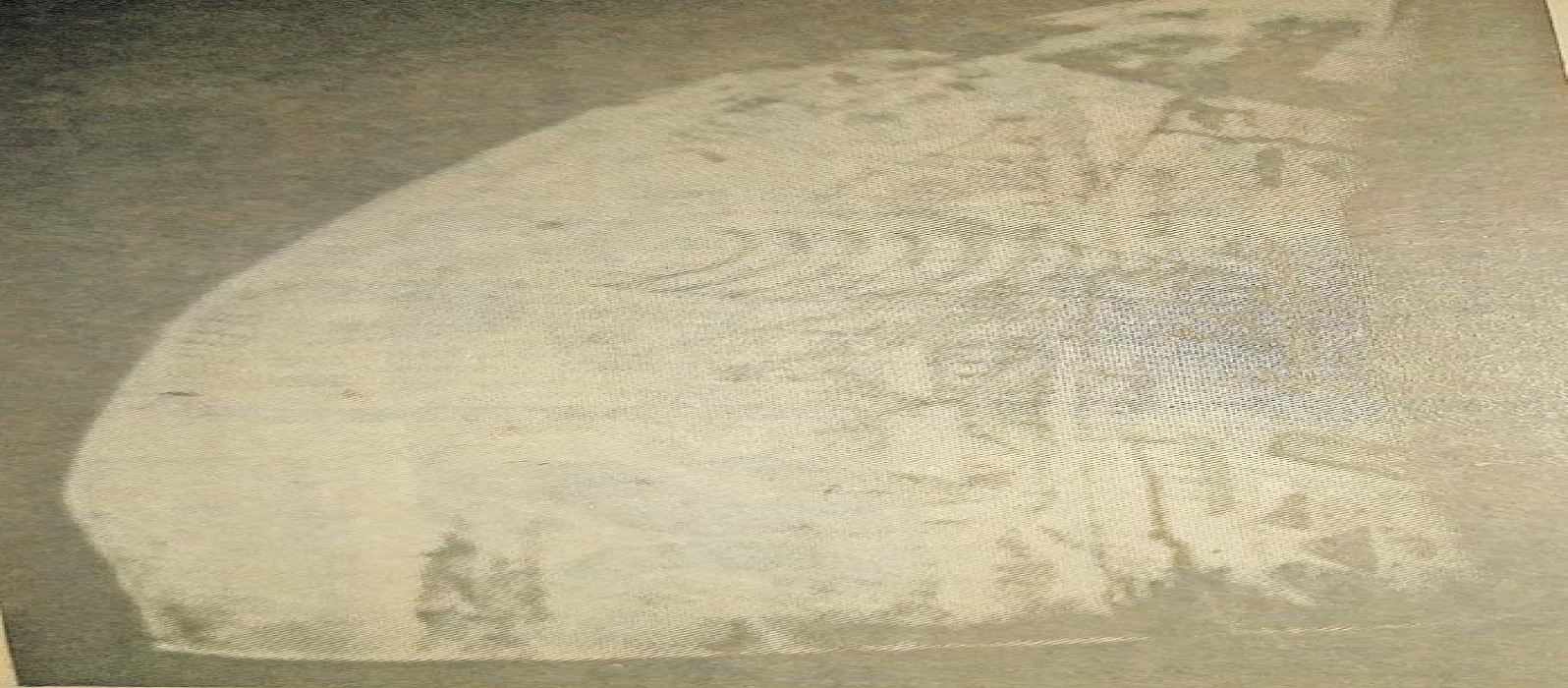A whale’s tooth or tabua from Fiji believed to be decorated by an English seaman during his stay here in the early 1800s was discovered in France in 1985.
The tabua, which measured 15cm long, 6cm wide and weighed 50g, was found alongside contents of an English villa by the owner of La Galerie Du Bastion gallery in France.
The tabua, described as “scrimshaw”, was sold at an exhibition for $20,000.
Scrimshaw are mementos created by seamen during their voyages around the world.
The tabua had a drawing of the ship Niger on one side and on the other side, a scene of Fiji, with boats at sea and a large whale surfacing off the coast.
It was believed the tooth on which the scene was engraved came from the whale depicted in the picture.
Two harpoons were also drawn on the tooth.
A statement from the gallery said the end of the tabua was cauterised (heated by iron) with a harpoon point.
“The standard of the engraving work is of unusually fine quality and the state of the tooth remarkable,” the statement said.
In The Fiji Times of November 6, 1985 the director of Fiji Museum Fergus Clunie warned interested local buyers to express caution if they ever decided to purchase the tabua.
“The price is high and there are many spurious fakes on the market, many of them made out of polymer ivory, the substance used for moulding false teeth. They are very hard to detect,” Mr Clunie said.
The initials NB was also written on the whales tooth meaning New Brunswick, a Yankee (northern state) whaling port at that time.
A sceptical Mr Clunie said several ships called Niger were active in the Pacific in the 1800s and the ship depicted on the tabua flew a United States flag instead of a British one.
The word Fiji was spelt “Fiji” on the tabua although it used to be spelt “Feejee”, “Feegee” or ” Fidgee” in the 1800s.
A house shown in the background of the tabua had windows which were most unusual for houses in Fiji before 1860s but were nevertheless present at the time in some Christian villages.
“The museum would certainly contact the gallery for further details of the tooth and if it satisfied that it is genuine then it would be interested in negotiating its possible purchase,” Mr Clunie said.
Meanwhile, on July 4, 1984, The Fiji Times reported that a “76mm high whale tooth amulet from Tonga” valued at $47,000 was withdrawn from auction after doubts about its authenticity.
The amulet owner had bought the carving (in the form of a woman) from a flea market in Sheffield, England 25 years earlier along with some knives and beads for a total of $18.
The amulet was handed over to the British authorities for further investigation.
- To celebrate our 150th anniversary, we invite readers to share any of their favourite experiences and memories of The Fiji Times. Articles between 200-300 words can be emailed to editor@fijitimes.com.fj



